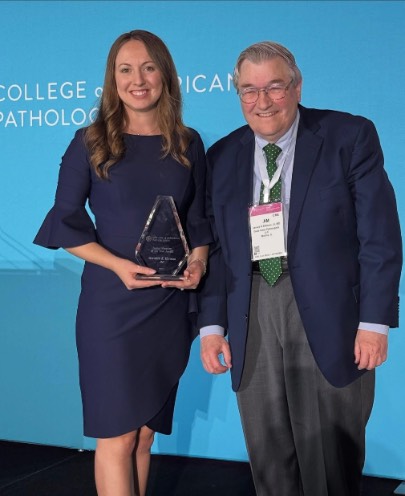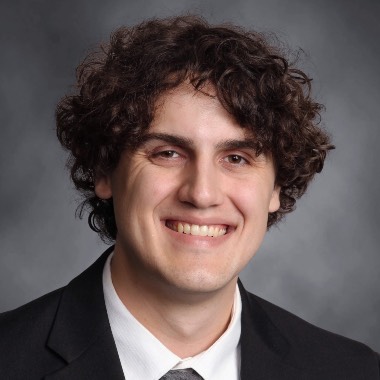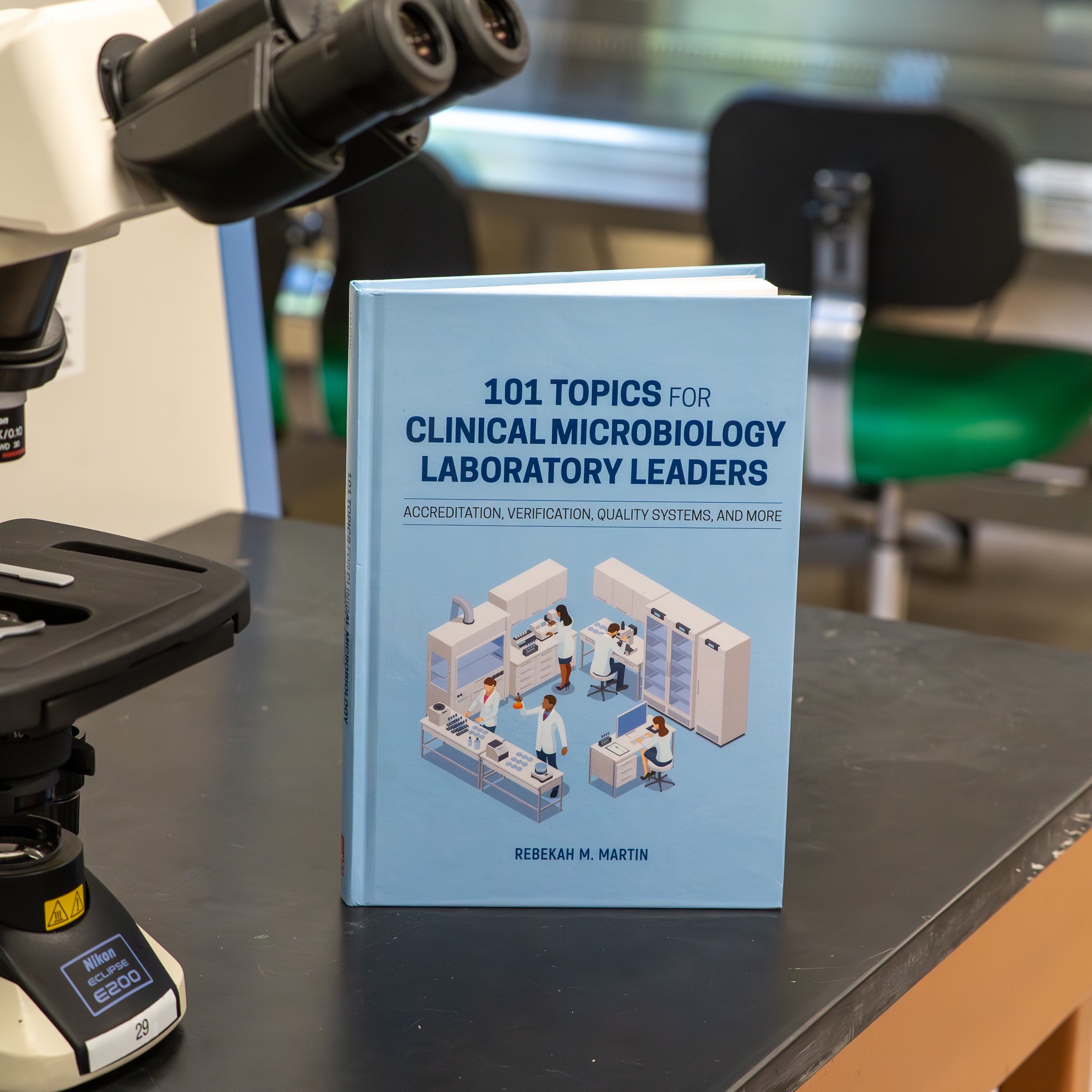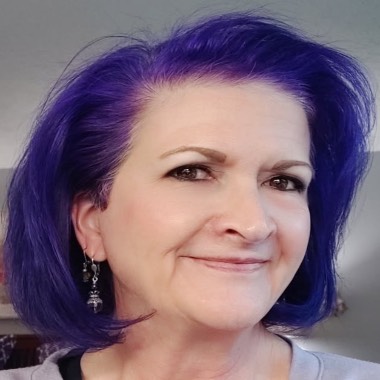From biomedical laboratory science to MD-PhD school
Pooja Menon graduated from Michigan State University’s Biomedical Laboratory Diagnostics Program in 2024 with a degree in Biomedical Laboratory Science (BLS). This summer, she started her first year at Wayne State University in their MD-PhD program.
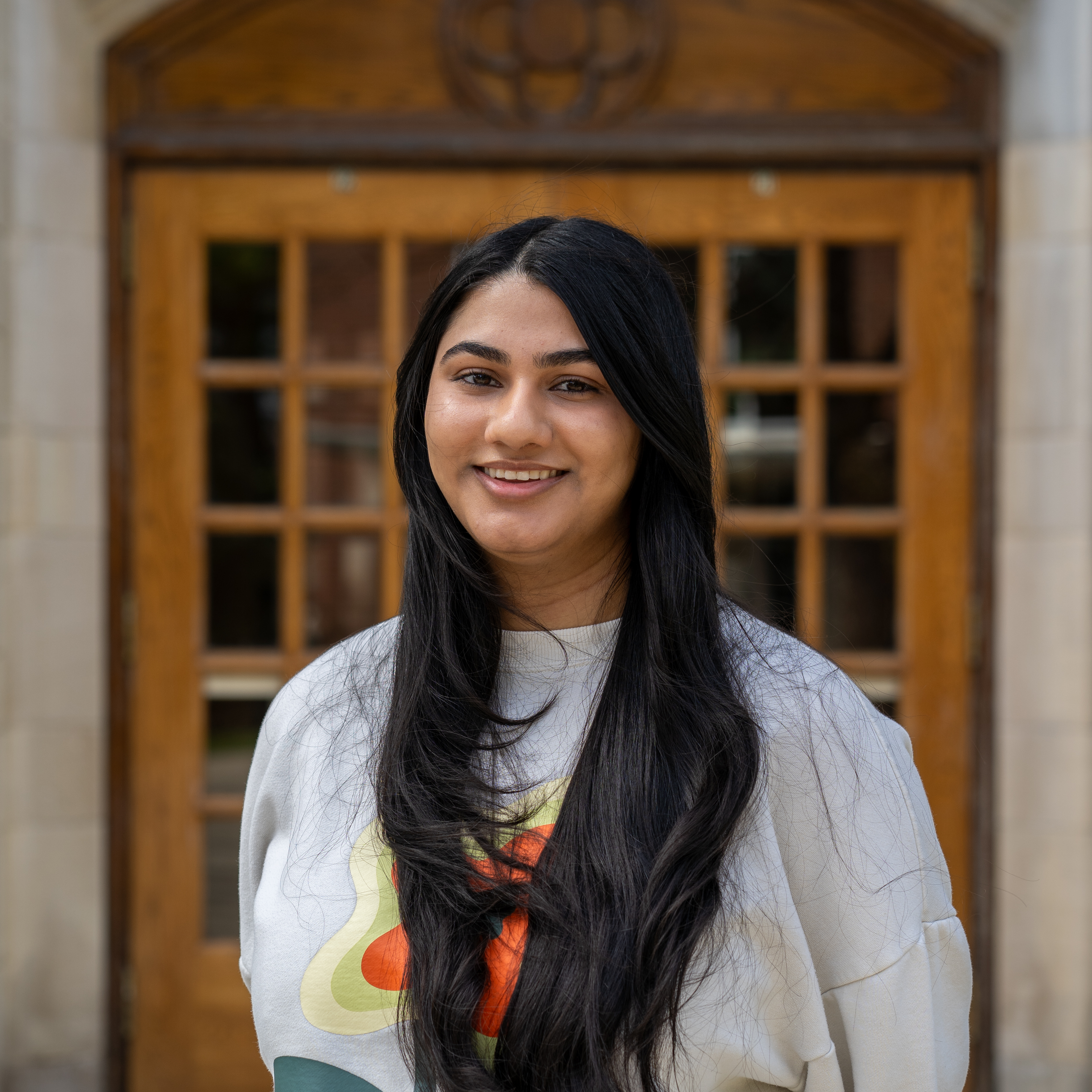
According to the Association of American Medical Colleges (AAMC), combined MD-PhD degree programs provide students the opportunity to earn both the MD and the PhD in areas pertinent to medicine.
Why MD-PhD?
Menon: "Well it was interesting because she (Dr. Kathy Hoag, BLD faculty) mentioned that you are able to get both degrees in MD and a PhD and you would have full four years of PhD training. Personally, I feel like the way you're taught to think as an MD and the way you're taught to think as like a PhD are two different things. I feel the way you're taught to think as a PhD is not like my greatest strength but it's something I think is really important and something wanted to cultivate. I wanted to be able to have both trainings. Then, I really liked research after I started getting involved in my lab (during undergrad) and I realized that I wanted to be able to mesh the two and continue (research)."
What was your undergraduate research?
Menon: "I worked in a lab that was focusing on the overlap of neuroscience and obesity. We specifically looked at this neuropeptide called neurotensin and its involvement in energy balance. All of my projects were about that and through that I was able to learn basic wet lab skills like how to use a microtube, pipetting, microscopy, certain data analysis and how to use certain programs."
What do you want to research?
Menon: "My past research experience has been in neuroscience and obesity, so I kind of want to stay in the realm of metabolism and looking at different energy balances. I also want to specifically hone in on women's health, so maybe reproductive endocrinology."
How did you prepare to apply to an MD-PhD program?
Menon: "I think the main thing is you have to do all the same pre-med requirements, but it's your amount of research and involvement in that research experience is the most important thing when preparing. So for me, the biggest part of my application to medical schools and MD-PhD programs was the amount of research I had, my publications and awards and certain things all relating to research. I also did other extracurriculars like hospital volunteering, physician shadowing and community volunteering which are more typical med school application type experiences."
How did you prepare for the MCAT?
Menon: "I took one of the online courses and I had a tutor for it. The reason I chose that is because I wanted help creating a study schedule and help doing all those courses. I used the Association of American Medical Colleges MCAT bundle which is written by people who write the exam. The general outline of how I prepared for the exam was I studied for five or six months and since I was only taking two classes at MSU, I would watch the lectures and review the content for my classes. After reviewing, I would go over a hundred or so practice (MCAT) questions a day and then review them in-depth. I also took a full-length MCAT every other week on a Saturday or something. I took around 16 full MCAT exams by the end of it."
How has BLD made a difference in your career choice?
Menon: "I think the main thing is in our major is we learn a lot about (clinical) testing and how to interpret results. I feel like a lot of other majors in similar science fields aren’t able to dive in-depth to understand those things. As a physician, that's a key part of properly creating a treatment plan, diagnosing your patient and understanding what you're giving to them. This major gives you the skills to do that. Even when I was going to interviews, people ask me ‘what's your major?’ I would say ‘I am BLS’ and they're like, ‘oh like you're going to be so good at case studies and you're gonna know all these things'."
What advice would you give student going through the Biomedical Laboratory Diagnostics Program (BLD)?
Menon: "It's not easy, but I think one of the best things about (BLD) is our faculty and their willingness to help you. For me, that's how I was able to pull through. So be open to ask questions and get help."
